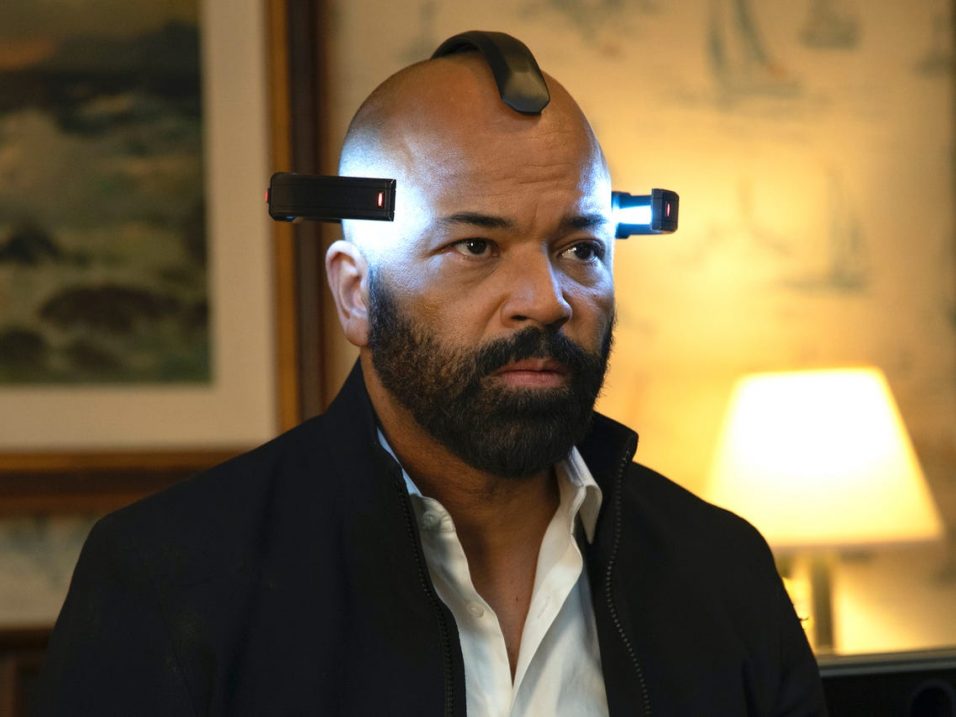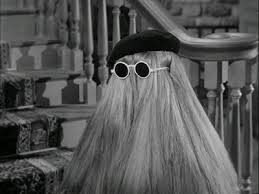The Problem with Being Cool

So, maybe six months ago I started a story. It doesn’t matter what the story’s about; it’s not finished yet anyway, because as I’ve aged things just take longer, probably because of my slow slide into senility and death. The reason I mention this is because when I wrote the opening lines all that time in the past, I had the characters use the term ‘karen’ in its current memey definition of a privileged jerk thinking demanding special treatment. At the time, the term was still kind of bubbling under and felt very inside baseball, at least to me.
Yeah, it’s going to come out.
The thing about cool, topical slang and stuff is that it really appeals to writers. We’re Word People. We love to discover a new expression or a bit of jargon that not everyone knows. You slip it into a story and instantly it feels like you’re part of a Mystery Cult that worships your story.
But there’s a problem: What seems like Inside Baseball for the Cool Kids can suddenly become an overused piece of pop culture that people roll their eyes about.
Streets Ahead
You’ve got to think hard about any cultural reference you make in a story. Something that seems fresh and subversive in January might seem old and dated in March. I mean, there was a time when inserting a reference to Where’s the beef? or Wazzzuuuuuuuup! would instantly get a hearty laugh out of your audience.
Not familiar with those? Exactly!
Of course, this goes beyond language — you generally have to worry about how any pop culture reference will age, and I’ve written about that before. But I’m pretty settled with movie and TV references. I rarely include them, even in my contemporary fiction, because I’ve drilled it into myself that this is a fast ticket to Dated Town, Population: Streets Behind. Language is trickier. Some jargon and slang remains underground more or less forever, and sometimes including it seeds your story with the precious resource known as verisimilitude. As with all Literary Science, your mileage may vary and you may be capable of pulling off some shit I shouldn’t even attempt.
Still, next time you decide to include some current meme flavor in your writing, take a moment and imagine how it’s gonna play next year.










